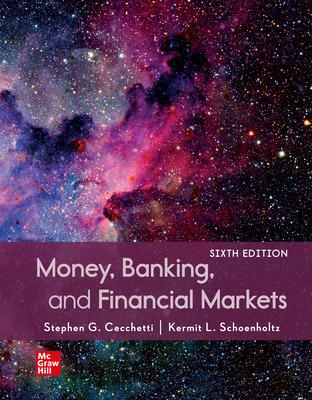Give your opinion on the fact that large companies stack up cash. Is it beneficial to the shareholders or not? Justify in approximately 200-500 words.

on that big corporations accumulate and hold considerable . There are at least two different views on stacked cash in corporations. It is not uncomm amounts of cash The first one is regarding it as slack. Too much cash held by corporations is to be misused by the managers for themselves as opposed to the shareholders. Examples include extravagant corporate jets, aggressive and overpriced M&A, and "golden parachut S1.5B: Most investors accept golden parachutes as just a part of business," USA Today, August 24, 2016). te." (For golden parachute, read "Cutting ties with these eight CEOs could cost Another view is that stacked cash will help optimal investment decisions in that given internally generated cash, corporations will not pass up valuable investment opportunities. An illustration follows ("Corporate financing and investment decisions when firms have information that investors do not have," Journal of Financial Economics, Vol. 13(1984), page 192): In making an investment decision, there are two equally probable states of nature: state l (favorable state of nature) with 50% probability and state 2 (unfavorable state of nature) with 50% probability Asset-in-place Investment opportunity (NPV) State 1 150 20 State 2 50 In state 1, the current asset will generate 150 and the new investment opportunity, which is whether or not to take by the investment decision, will generate 20. In state 2, the current asset will generate 50 and the new investment opportunity, which is whether or not to take by the investment decision, will generate 10 The investment decision maker is the CEO who owns all of the currently outstandin common shares. The CEO does not have cash 100 that is required to start the new project Gi.e., investment opportunity) and has to issue new common shares to raise 100. In other words, the CEO's ownership will be diluted by the new share issue to stock market investors The above table is known to the stock market investors as well as the CEO. However, the CEO knows better than the stock market investors in that the CEO knows the true state of nature (i.e., state 1 or state 2) today while the stock market investors do not know the true state of nature until everything will be resolved in future. Because the stock market does not know the true state of nature (state 1 favorable vs. tate 2 unfavorable), when the company takes the investment opportunity, the market price of the currently outstanding common shares will be 115 150+20)(l/2)+ (50+10X1/2)]. The market price of the new common shares issued to new investors is, of course, 100. In case the true state of nature is state 1, the whole firm value, including the raised of common shares owned by cash 100, will be 270 [-150+20+100]. Therefore, the valu the CEO (which is now less than 100% of the firm because of the newly issued shares) 144.42 [={ 115/(11 5+100-2701. However, this is less than 150 which results oes not take the investment opportunity and does not issue any new mon shares. Thus, the CEO is better off by not taking the investment opportunity. As when the CEO d









